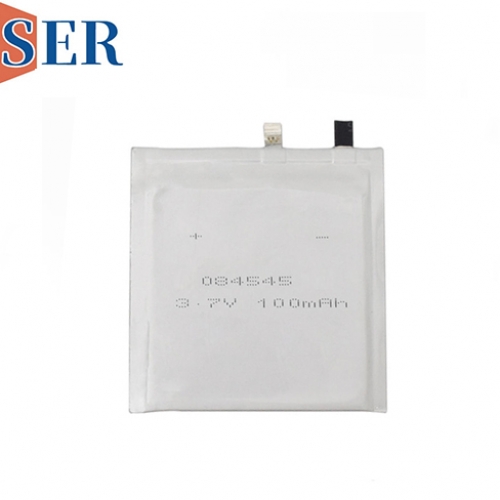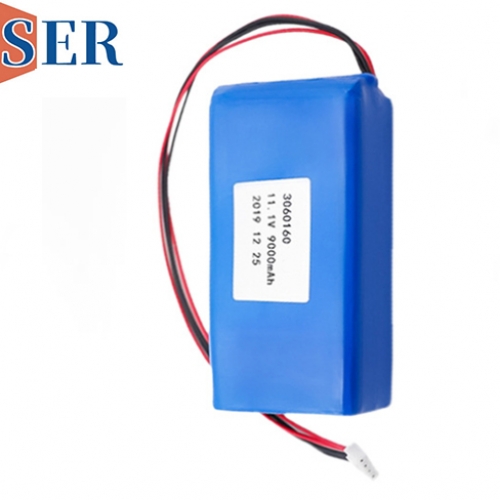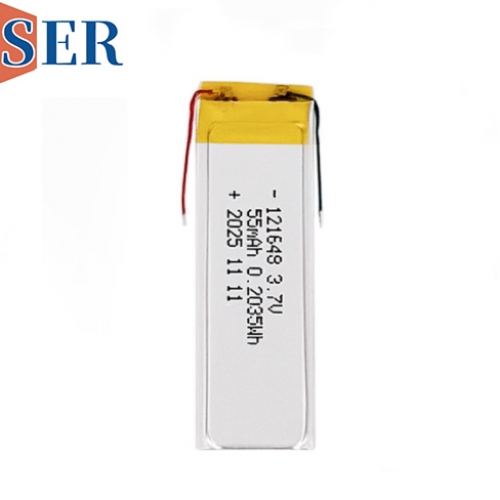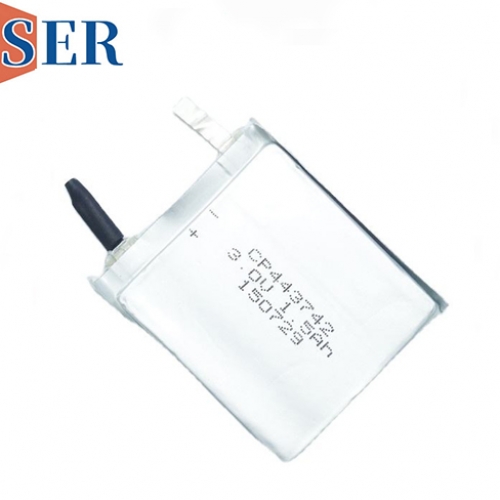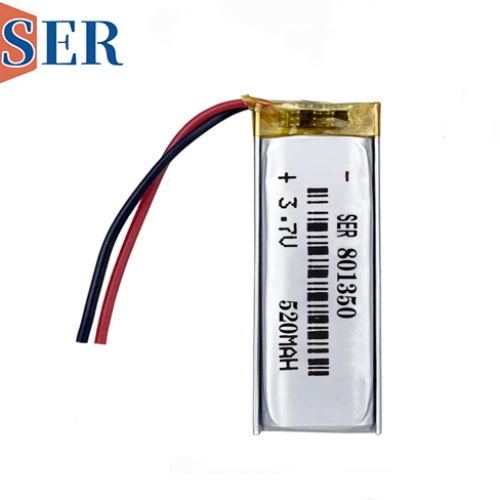Non-Magnetic Lithium Polymer Battery Solutions for Medical Devices
Non-Magnetic Lithium Polymer Battery Solutions for Medical Devices
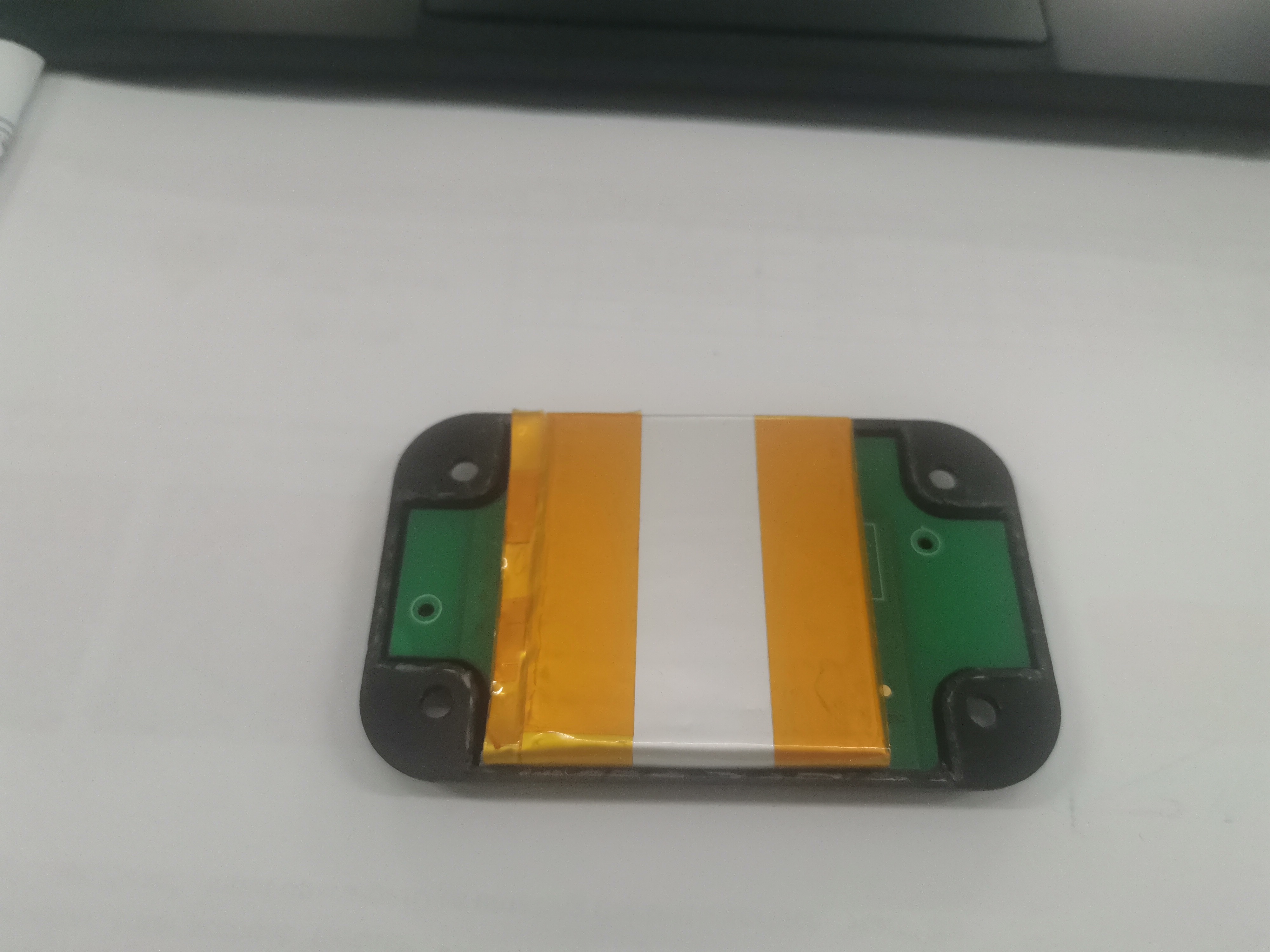
In the ever-evolving landscape of medical technology, the demand for advanced, reliable, and safe power solutions has never been greater. Medical devices, especially those used in sensitive environments like Magnetic Resonance Imaging (MRI) suites, require batteries that not only meet stringent performance criteria but also adhere to strict non-magnetic properties to ensure accurate diagnostic results and patient safety. This article delves into the realm of non-magnetic Lithium Polymer battery solutions tailored specifically for medical equipment, highlighting the innovative use of copper tabs in place of nickel, the intricacies of battery pack design, and the myriad benefits they offer across various medical applications.
Introduction to Non-Magnetic Lithium Polymer Batteries
The advent of non-magnetic Lithium Polymer batteries represents a significant leap forward in the battery industry, particularly for the medical sector. Traditional Lithium Polymer batteries often contain nickel or cobalt, which can exhibit magnetic properties, posing potential interference risks in environments where magnetic sensitivity is crucial, such as MRI machines. By substituting copper for nickel in the battery's terminals (known as tabs), manufacturers have successfully developed non-magnetic lithium-polymer batteries that eliminate this concern, opening up new avenues for their integration into medical devices.
Core Features of Non-Magnetic Medical Device Lithium Polymer Batteries
1. Non-Magnetic Design for MRI Compatibility
The cornerstone of these batteries lies in their non-magnetic design, which is paramount for use in MRI equipment. MRI machines rely on strong magnetic fields to generate detailed images of internal body structures. Any external magnetic interference can distort these images, compromising diagnostic accuracy. By ensuring the battery is completely non-magnetic, it becomes an ideal power source for backup or portable medical devices used in MRI suites, ensuring uninterrupted and accurate patient care.
2. High Energy Density and Longevity
Designed with high energy density in mind, these batteries offer extended runtime and reduced weight, making them ideal for portable medical devices. The use of advanced electrochemical systems like LiCoO2, Li(NiCoMn)O2, and LiFePO4 ensures optimal energy storage capacity while maintaining stable performance over extended periods. This longevity, coupled with the batteries' ability to withstand various temperature ranges (including high-temperature, low-temperature, and high-rate variants), makes them suitable for a wide array of medical applications.
3. Robust Construction and IP54 Rating
The batteries' exterior is crafted from durable alloy materials, providing exceptional protection against physical damage and ensuring reliable operation even in challenging environments. The IP54 rating signifies a high level of dust protection and resistance to water splashes, making them suitable for use in wet or dusty medical settings. This robust construction ensures the battery's longevity and continued performance, even under demanding conditions.
4. Customizable Battery Packs
To cater to the diverse needs of medical device manufacturers, these non-magnetic Lithium Polymer batteries can be configured into multi-cell packs, offering flexibility in voltage and capacity. Whether it's a simple serial or parallel connection of single cells or a complex battery management system (BMS) integrated into a larger pack, customization ensures that each battery solution precisely meets the specific requirements of the medical device.
5. Integrated Intelligent Circuit Board
Many of these batteries come equipped with an integrated intelligent circuit board, providing advanced protection features such as overcharge, over-discharge, short circuit, and temperature protection. This intelligent monitoring system ensures the battery operates safely and efficiently, prolonging its lifespan and minimizing the risk of failure during critical medical procedures.
Applications of Non-Magnetic Lithium Polymer Batteries in Medical Devices
1. MRI-Compatible Backup Power
In MRI suites, non-magnetic Lithium Polymer batteries serve as reliable backup power sources for critical equipment such as life support systems, monitors, and emergency lighting. Their non-magnetic properties eliminate the risk of interference with the MRI machine's magnetic field, ensuring uninterrupted patient care during power outages or maintenance procedures.
2. Portable Medical Devices
From electrocardiogram (ECG) machines and ventilators to infusion pumps and patient monitors, portable medical devices rely on lightweight, high-performance batteries to deliver uninterrupted care. Non-magnetic Lithium Polymer batteries, with their combination of high energy density, long lifespan, and safety features, are the perfect fit for these devices, enabling healthcare professionals to provide care anywhere, anytime.
3. Wearable Medical Devices
The rise of wearable medical technology has created a demand for compact, lightweight batteries that can power devices like continuous glucose monitors, heart rate monitors, and activity trackers. Non-magnetic Lithium Polymer batteries, with their small form factors and extended runtimes, are ideal for these applications, enabling patients to monitor their health remotely and receive timely medical interventions.
4. Emergency Medical Equipment
In emergency situations, every second counts. Non-magnetic Lithium Polymer batteries power critical emergency medical equipment such as defibrillators, resuscitation devices, and portable X-ray machines. Their reliability and durability ensure that these devices are always ready for use, saving lives in critical situations.
5. Aesthetic and Cosmetic Devices
The beauty and aesthetics industry has also embraced non-magnetic Lithium Polymer batteries for powering devices like laser hair removal machines, skin tightening devices, and microdermabrasion tools. The batteries' non-magnetic properties prevent interference with other electronic devices, ensuring safe and effective treatments for clients.
Manufacturer Spotlight: SER Company
SER Company, a leading manufacturer of customized Lithium Polymer batteries for medical devices, specializes in both cylindrical and polymer battery solutions. With a focus on product performance and quality, SER Company offers a comprehensive range of non-magnetic Lithium Polymer batteries tailored to meet the unique needs of medical device manufacturers.
1. Customization Capabilities
SER Company's expertise in battery customization extends to all aspects of the battery's design and production. From selecting the appropriate electrochemical system to configuring the battery pack's voltage and capacity, SER Company works closely with clients to ensure that each battery solution precisely meets their requirements. This level of customization ensures that the batteries are not only compatible with the medical device but also optimized for performance and longevity.
2. Comprehensive Product Range
SER Company's product portfolio includes a wide range of non-magnetic Lithium Polymer batteries, including standard, high-temperature, low-temperature, and high-rate variants. This diversity allows medical device manufacturers to choose the battery that best suits their specific application, whether it's a portable ECG machine or a high-powered MRI-compatible backup system.
3. Quality and Safety
As a professional manufacturer of medical device batteries, SER Company adheres to the highest standards of quality and safety. All batteries undergo rigorous testing and certification to ensure they meet international safety standards and regulatory requirements. This commitment to quality ensures that SER Company's batteries are reliable, safe, and effective in a wide range of medical applications.
4. Technical Support and After-Sales Service
SER Company provides comprehensive technical support and after-sales service to its clients. From battery selection and design to installation and maintenance, SER Company's team of experts is always available to provide guidance and assistance. This level of support ensures that medical device manufacturers can confidently integrate SER Company's batteries into their products, knowing that they have a reliable partner by their side.
Conclusion
In conclusion, non-magnetic Lithium Polymer batteries represent a significant advancement in medical device power solutions. Their non-magnetic properties, high energy density, and durability make them ideal for use in MRI suites and other sensitive medical environments. With customization capabilities, a comprehensive product range, and a commitment to quality and safety, manufacturers like SER Company are leading the way in developing innovative battery solutions for the medical industry. As the demand for portable, reliable, and safe medical devices continues to grow, non-magnetic Lithium Polymer batteries will play an increasingly important role in ensuring that healthcare professionals have the tools they need to provide the highest level of care to their patients.

